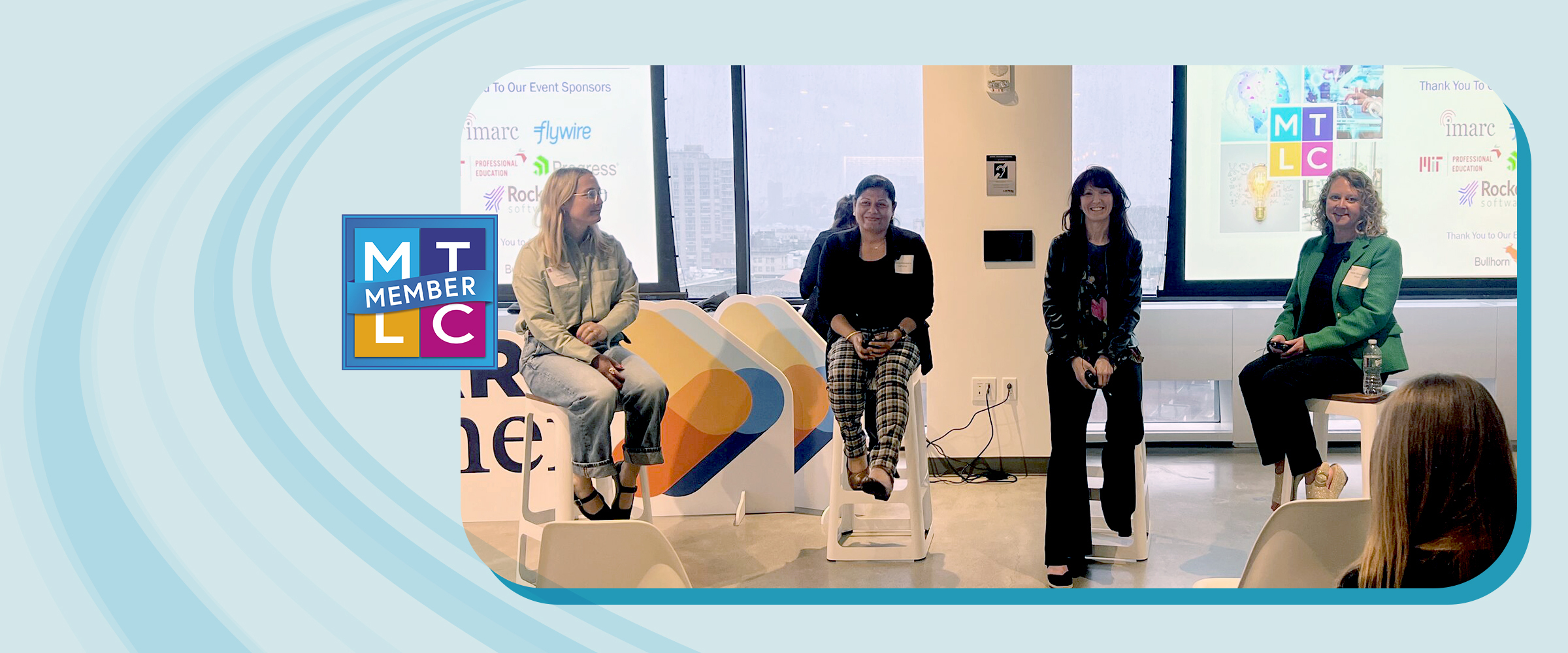
Unlocking the power of customer success in the age of AI
Our learnings from MTLC's The Data-Driven Approach to Customer Outcomes were so valuable that we wanted to share them with you.

Our learnings from MTLC's The Data-Driven Approach to Customer Outcomes were so valuable that we wanted to share them with you.